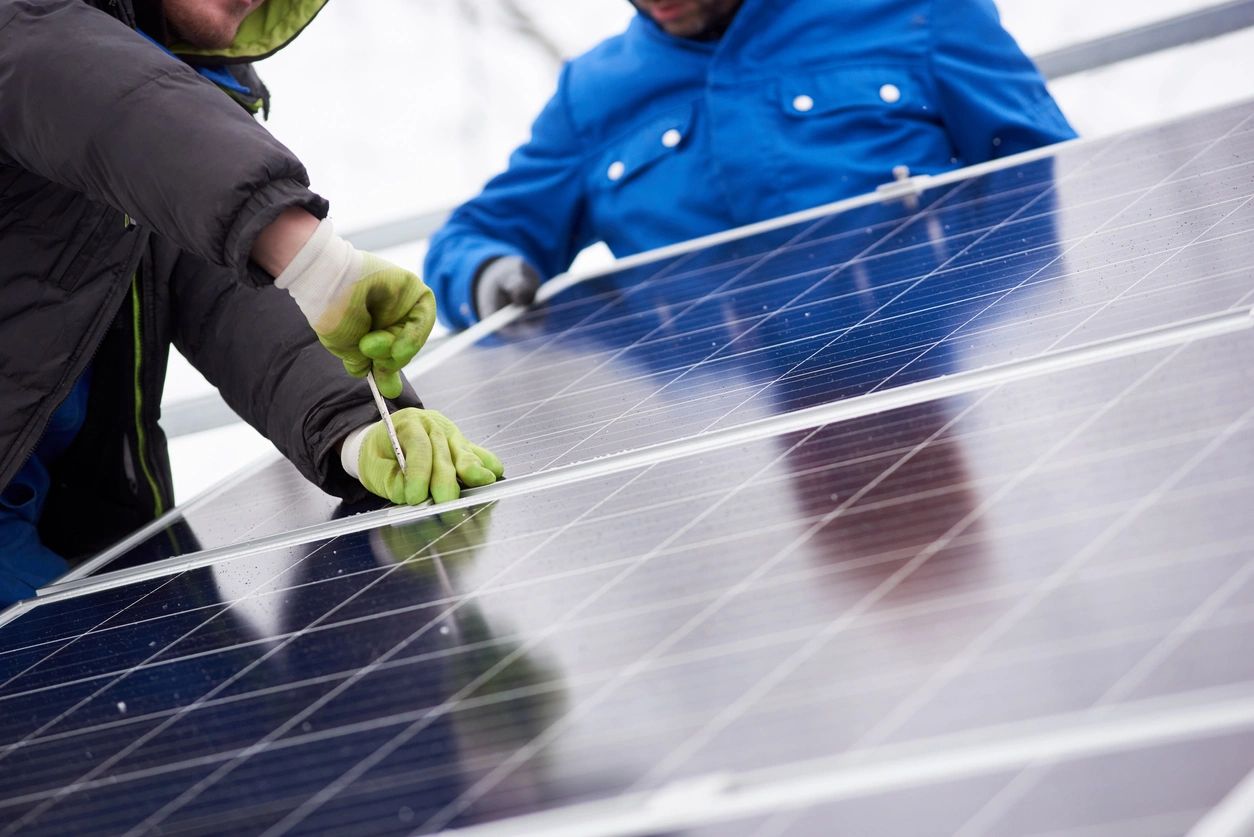The EU is reducing its dependence on hydrocarbon imports with renewable energy
The European Union (EU) is investing heavily in renewable energy sources (RES), such as solar, wind and hydrogen, to reduce its dependence on hydrocarbon imports and improve energy security. Renewable energy plays a key role in the EU’s strategy to create a sustainable and autonomous energy system. How can RES help the EU achieve energy independence and cope with global challenges?
EU energy dependence: challenges and solutions
The EU has long been dependent on imported oil, gas and coal, making it vulnerable to global price fluctuations and geopolitical risks. According to Eurostat, around 58% of the EU’s energy was imported in 2022. This dependence increases the risk of energy shortages in times of crisis and also increases energy prices for citizens and businesses.
The development of renewable energy sources provides the EU with the opportunity to gradually reduce energy imports. The use of local renewable resources such as wind, solar and biomass allows EU member states to produce more energy within the region, which strengthens energy security and reduces vulnerability to external factors.
Renewable energy sources as a basis for energy security
Renewable energy sources provide EU countries with access to inexhaustible and local energy sources. For example, solar energy is becoming the main source of energy for southern European countries such as Spain and Greece, while northern and coastal countries such as Denmark and the Netherlands are actively developing wind energy.
Investing in renewable energy infrastructure allows EU countries to create a sustainable energy system that is not dependent on fossil fuel supplies. In addition, the expansion of hydrogen energy projects opens up new opportunities for storing energy and transporting it between countries, making the energy system more flexible and reliable.
Hydrogen as an element of energy independence
The EU is actively developing hydrogen energy as part of its strategy to increase energy independence. Hydrogen can be used in industry, transport and for long-term energy storage, making it an important element in the transition to a sustainable energy system.
“Green” hydrogen produced using renewable energy sources allows EU countries to reduce carbon emissions and achieve energy autonomy. The European Hydrogen Strategy includes plans to create hydrogen infrastructure and cross-border corridors that will link the main production and consumption centers.
Cross-border cooperation: integration of energy systems
To achieve energy independence, the EU is actively developing cross-border projects that connect the energy systems of member states. Projects such as the North Sea Wind Power Hub allow several countries to share energy produced at large wind farms. This increases the stability of energy supply and reduces the need for imported energy.
The creation of a common European energy grid also facilitates the integration of renewable energy sources, allowing surplus energy to be distributed between countries. This is especially important for stabilizing the energy system, given the unstable nature of renewable energy generation due to weather conditions.
Economic and environmental benefits of renewable energy
Investments in renewable energy contribute not only to energy independence, but also to economic development. The development of solar and wind energy creates new jobs, stimulates innovation and reduces energy import costs. For example, the use of local energy sources allows EU countries to reduce their dependence on global oil and gas prices, which stabilizes the economy.
The environmental benefits of renewable energy are also significant: reducing carbon dioxide emissions, improving air quality and minimizing the environmental impact make renewable energy an important element of the EU climate policy.
Challenges to energy independence
Despite the successes, the transition to renewable energy is associated with a number of challenges. The main one is the need for significant investments in infrastructure and technologies, such as energy storage systems and smart grids. In addition, EU countries face differences in legislation and the level of development of renewable energy, which complicates the coordination of cross-border projects.
To address these challenges, the EU provides funding through programmes such as the Connecting Europe Facility and supports research into innovative technologies. These measures help to accelerate the transition to energy independence and strengthen cooperation between Member States.
Conclusion: Renewable energy as a foundation for Europe’s energy independence
Renewable energy sources are becoming an important tool for achieving energy independence and sustainable development in the EU. Investments in renewable energy sources help to strengthen energy security, reduce dependence on external suppliers and reduce the carbon footprint. With further development of technologies and international cooperation, the EU will continue to promote renewable energy, creating a sustainable and autonomous energy system.
Sources:









